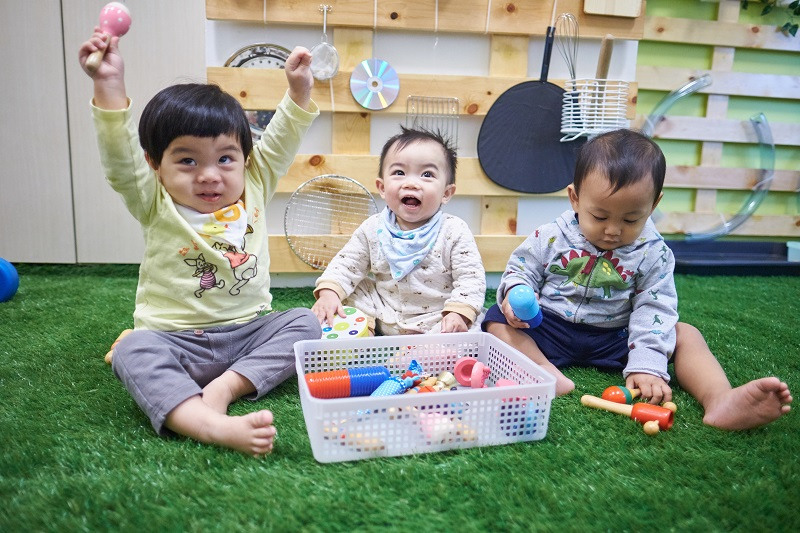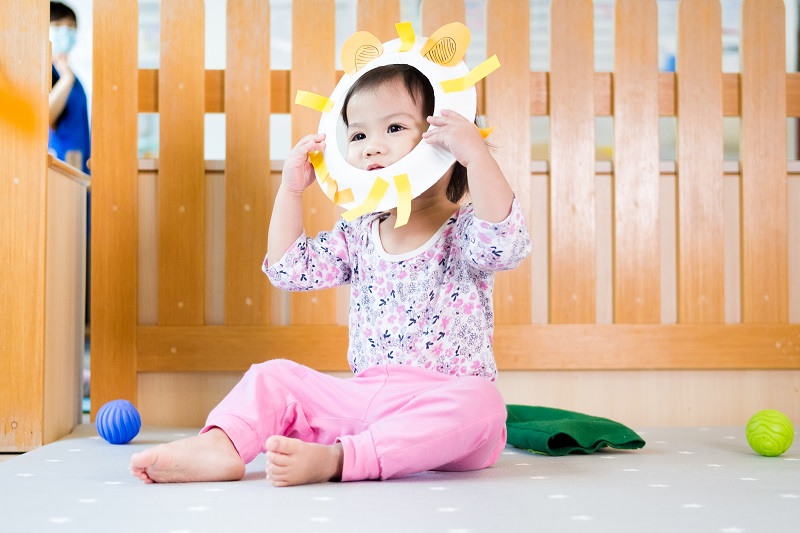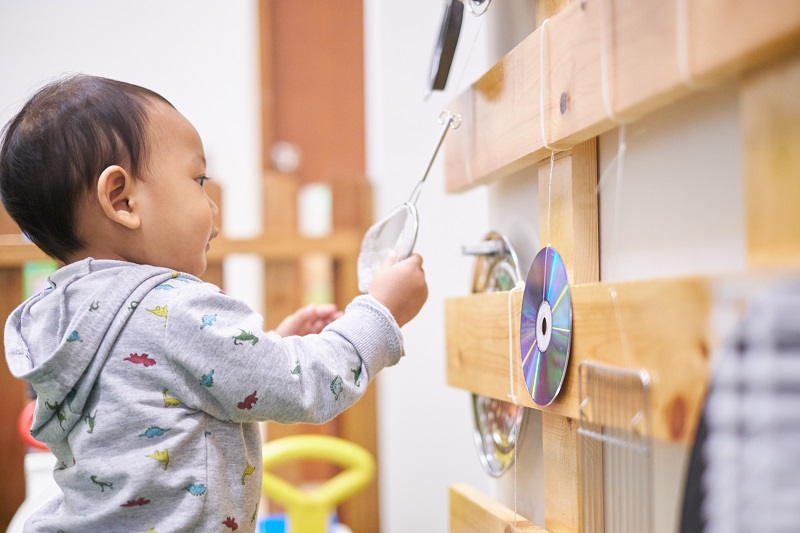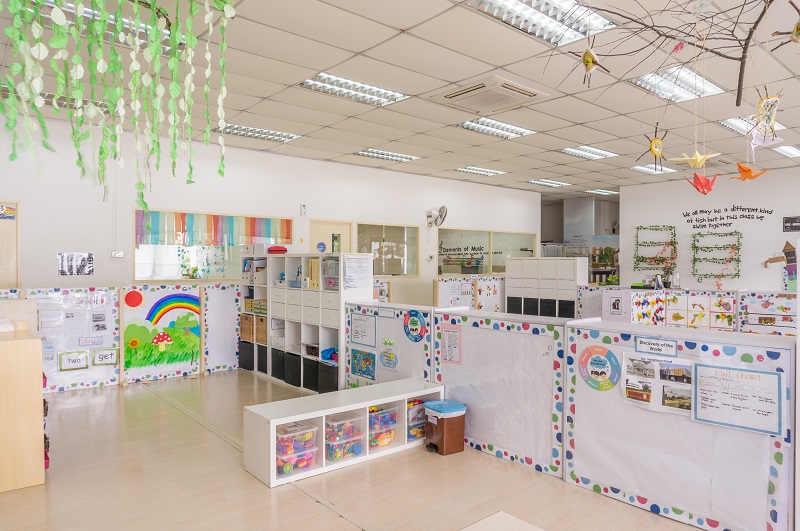
As your baby transits into toddlerhood, their senses continue to develop. As babies, each new experience with their senses stimulates their nerve connections in the brain and encourages the development of language and motor skills.
As toddlers, sensory play continues to build the architecture of their brain by stimulating your toddler’s cognitive skills and developing their physical skills and motor capabilities.
In addition, they are facilitating your child’s natural instincts to learn through exploration, curiosity, problem solving and creativity.
Sensory Play is Crucial to Brain Development
Sensory play is an effective way for children to learn as they play. Through sensory play, toddlers build and develop their linguistic, cognitive, visual, spatial, social, and emotional skills.
From 6 months old, your baby enjoys simple sensory play, touching different objects and surfaces and hearing how different materials create varied sounds.
By 18 months, your toddler begins to develop thinking abilities and learn concepts like time, colours, shapes, and opposites like light and dark.
Childcare centres in Singapore engage their toddlers with experiences like observing light and shadow created by torch light on objects of different shapes or sizes, or watching the colours mix and the patterns form by finger painting or sponge painting (with child-safe paint).
Exploring the Benefits of Sensory Play for Toddlers
There are distinct differences between sensory play for infants and toddlers.
For infants, sensory play is more of an introduction to the environment around them.
For toddlers, sensory play further enhances the development of your child by helping to build nerve connections in the brain and encourages the development of motor skills.

It supports language development and encourages children to explore and investigate, which supports their abilities to apply the scientific methods of observations, forming hypothesis, experimentation and coming to conclusions.
Sensory activities can also help children build positive pathways in the brain on actions or behaviours they find challenging.
For example, a child who is a fussy eater may develop trust and understanding of the “problematic” texture through touching, smelling, and playing with the texture. This helps the child to develop trust and understanding of this texture – that it is safe to engage with this food.
Sensory Play Activities in Singapore Playgroups To Engage Your Toddler
In modern education, children are now viewed as active partners in their own development, and seen as unique individuals who will meet various developmental milestones in a flexible way.
For this reason, many childcare centres in Singapore implement sensory play into their infant care and playgroup sessions.
If you enrol your toddler in any childcare centres in Singapore, your child will be supervised in the following sensory play to develop their skills.
1. Tactile Play
From squishing, rolling, or picking up bite-sized snacks, your toddler will graduate to explore objects or environments to learn about pressure, temperature, vibrations and more.
Little Footprint Preschool has a module called “Natural Environment” to help your child learn to construct knowledge and make meaning of the world through observing, comparing, classifying, predicting, experimenting, and recording.
2. Auditory and Visual Sensory Play
Auditory play supports your child’s learning of different sounds and develops their hearing, while visual sensory play develops your child’s vision and sight.
This can involve anything from playing toy drums to create “bang, boom, clash” sounds, to finger-painting using art material and child-friendly paints, or scavenger hunting to engage these senses.

At Little Footprints Preschool, your child explores and experiences music through singing, dancing, creative movements, and dramatization in our music appreciation programme (MusicNality), while experimenting and expressing creativity through our art programme (HEART).
3. Olfactory and Taste Sensory Play (Scented)
Olfactory relates to the sense of smell and is also directly related to taste. You can develop these senses through games that encourage the exploration of smell and taste.
For example, your toddler might experiment with different tastes such as sweet (apple, muffin), sour (orange, lemon), salty (pasta), bitter (kale).
4. Vestibular Sensory Play
As your toddler becomes more active and mobile, sensory play can help to develop a sense of balance and movement.
Rolling around, hanging upside-down, swinging and jumping enable your child’s head to get into as many different positions as possible. This helps to strengthen the vestibular system by activating the various receptors in the ear.
5. Proprioception Sensory Play
Twirling, spinning, pushing, pulling, and jumping develop your child’s spatial awareness of their body in the physical space. This is also known as proprioception, where they learn how their limbs relate to the rest of their body.
Most infant care and childcare centres in Singapore have outdoor activities to develop your child’s physical skills.
Book a Tour with Us!
At Little Footprints Preschool, our curriculum adopts an integrated approach for theme-based learning.

Book a tour at the centre most convenient for you and check out how our learning activities encourage your toddler to learn through sensory play, active exploration, and progressive discovery.
Follow us on social media to stay updated on our latest updates and happenings:




